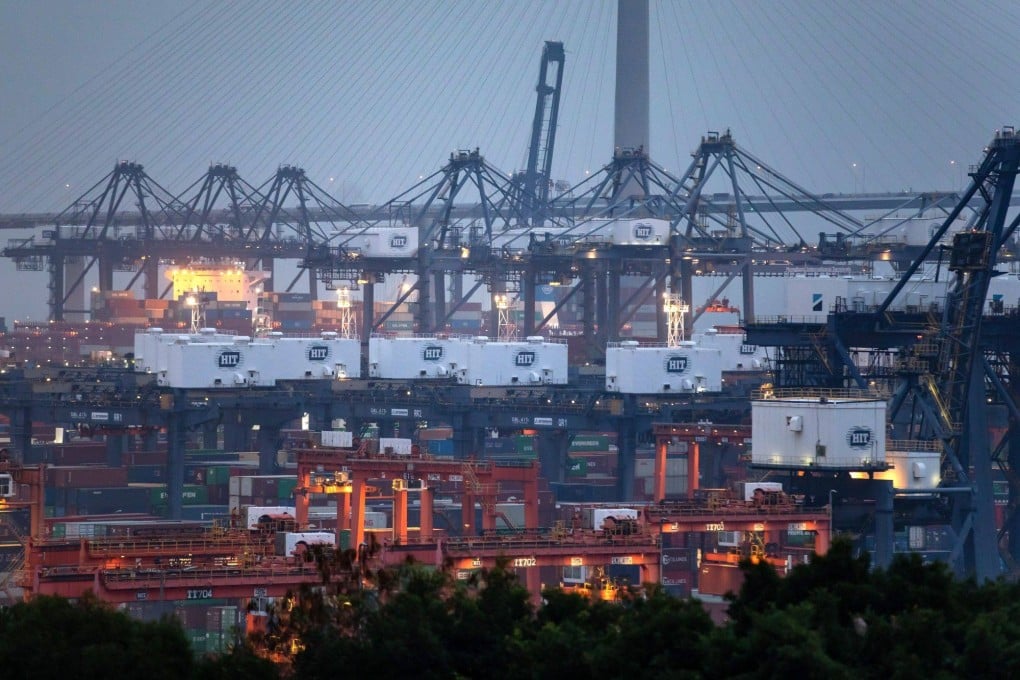Opinion | How to protect global free trade from misguided US nationalism
- Globalisation didn’t hurt US jobs, contrary to what American politics would have you think
- Still, in a fractious era of more trade barriers, economies like Hong Kong can contribute to seamless global trade by adopting digital documentation

The move towards free trade has been a catalyst for many countries to increase export income, reduce poverty and raise living standards. The Asian manufacturing export model is testimony to how trade opening has helped reform and open up Asian economies to greater income, trade and investment. Globalisation arose from the ability of developing countries to access advanced markets and trade with each other.
Even before Trump withdrew from the Trans-Pacific Partnership in 2017, there were rumblings in the US that globalisation was hurting domestic jobs. Yet, a 2024 analysis by Georgetown University’s Lab for Globalization and Shared Prosperity shows that the US’ current nationalistic tendencies are based on outdated information.
This focus on services would also be consistent with the observations of economist Richard Baldwin about where global trade is heading: whereas trade in goods seems to have peaked, growth is coming from services.

